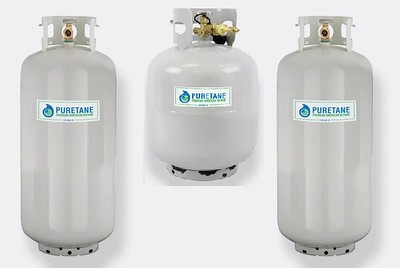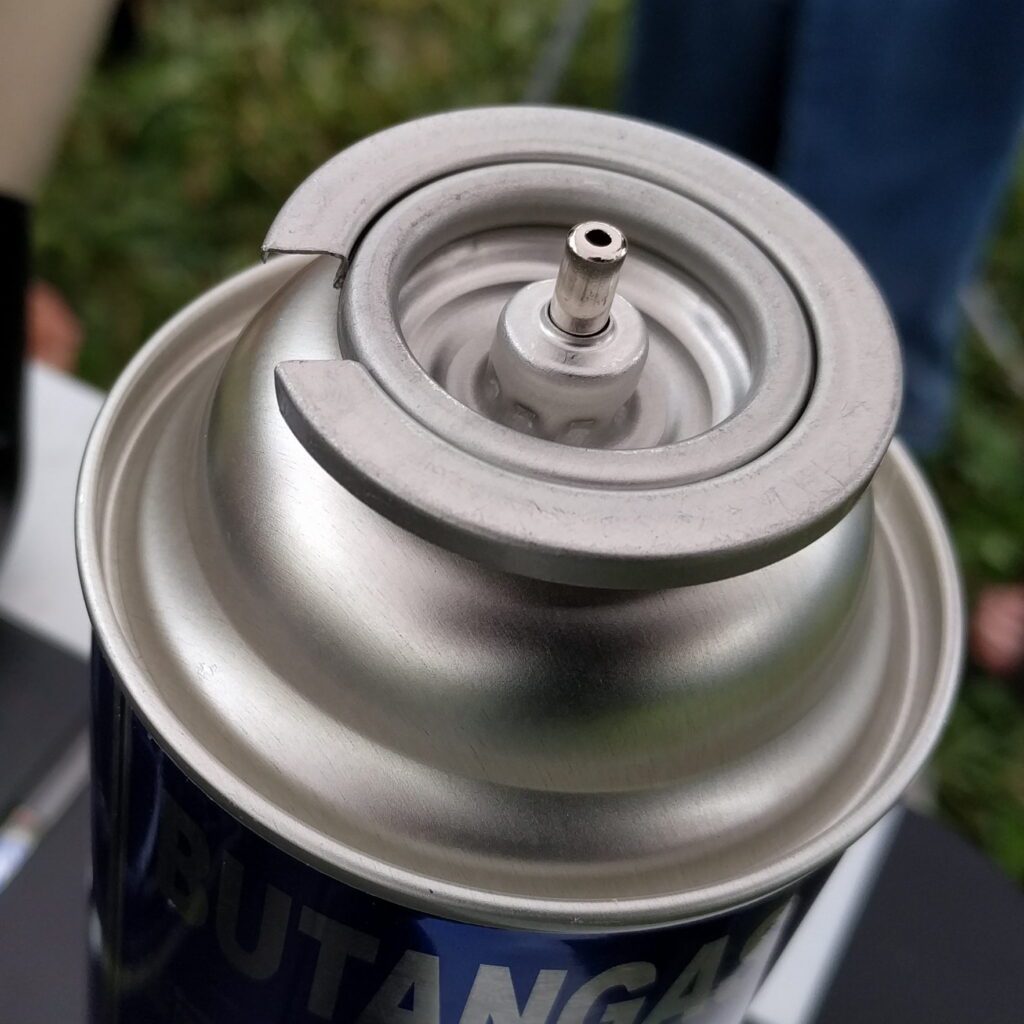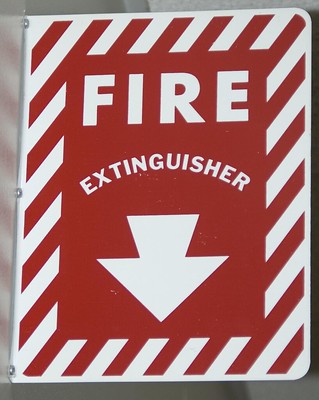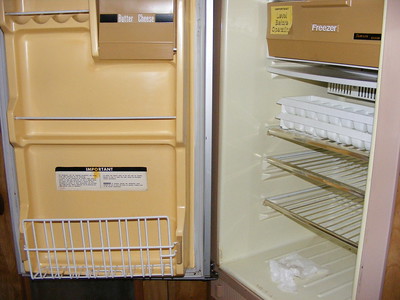Does Walmart Sell Butane? (A Shopper’s Perspective)
Have you ever found yourself in need of butane for your portable camping stove, refillable lighter, or even for some culinary adventures? The versatility of this flammable gas has made it a staple in many households, workshops, and outdoor expeditions. Knowing where to buy butane can save you time, money, and the inconvenience of running […]
Does Walmart Sell Butane? (A Shopper’s Perspective) Read More »










